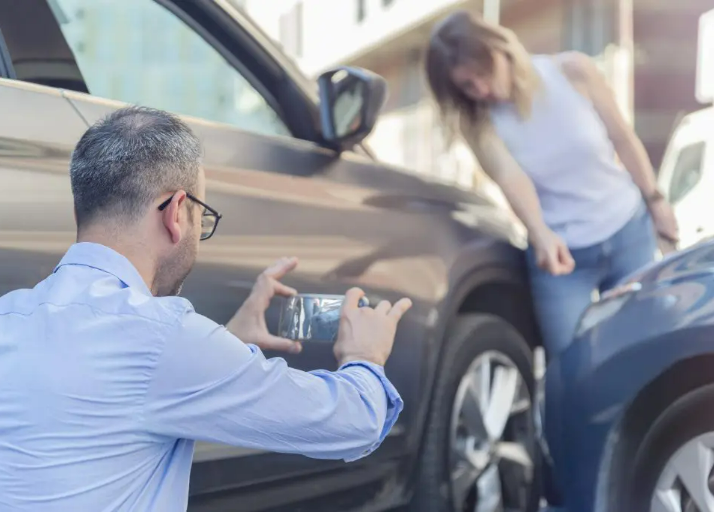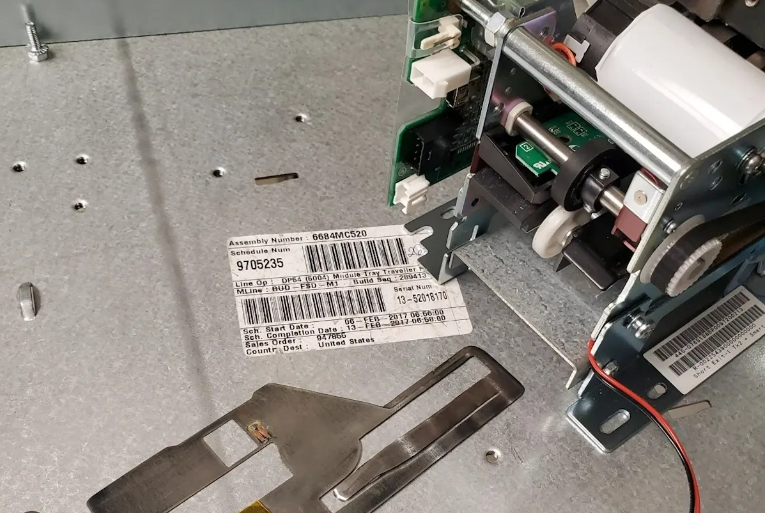All You Need to Know about West Virginia Car Insurance Laws


In West Virginia, car insurance is mandatory for all drivers. To legally operate a vehicle on public roads, you must have a policy that includes specified amounts of bodily injury and property damage liability coverage. Additionally, you are required to keep proof of insurance in your vehicle at all times. While a reputable insurance provider will ensure your policy meets the state’s minimum requirements, this guide outlines those requirements and explains why you might consider purchasing more coverage than the legal minimum.
Car insurance laws in West Virginia
According to the Department of Motor Vehicles (DMV), West Virginia auto insurance laws mandate that all car insurance policies must include the following coverage types with these minimum limits:
- $25,000 for bodily injury liability per person
- $50,000 for bodily injury liability per accident
- $25,000 for property damage liability
- $25,000 for uninsured motorist bodily injury liability per person
- $50,000 for uninsured motorist bodily injury liability per accident
- $25,000 for uninsured motorist property damage liability
West Virginia law also requires insurance companies to offer underinsured motorist coverage. This optional coverage provides additional financial protection if you are involved in an accident with a driver whose insurance limits are insufficient to cover the damages. While additional coverage limits are available, you must decline underinsured motorist coverage in writing if you choose not to include it.
In addition to having the required coverage, drivers must keep proof of insurance in their vehicles at all times and ensure their addresses are current with the DMV.
Liability insurance in West Virginia
Most states, including West Virginia, require liability insurance as part of the minimum coverage. This insurance is designed to cover the costs associated with damages you cause in an accident, whether to another person or their property. For those with the minimum required coverage in West Virginia, payouts are limited to $25,000 per person and $50,000 per accident for medical expenses, and $25,000 per accident for property damage.
However, experts often warn that opting for the state’s minimum coverage may leave you financially exposed. If the damages from an accident exceed your policy limits, you could be held responsible for the remaining costs and potentially face legal action if you can’t pay. Choosing higher liability limits, although it might increase your premium, can help protect you from significant out-of-pocket expenses.
Liability insurance covers other drivers’ injuries and property damage when you’re at fault, but it usually doesn’t cover your own costs. To enhance your coverage, consider adding collision insurance, which helps repair your vehicle after an accident regardless of fault, and comprehensive insurance, which covers non-collision-related damage such as fire, theft, vandalism, and damage from falling objects or animals. Together, these coverages are often referred to as full coverage car insurance.
If you’re unsure about the appropriate amount of coverage for your needs, consulting with a licensed insurance agent can provide personalized guidance.
Penalties for driving without insurance in West Virginia

Driving without insurance in West Virginia can lead to severe penalties, as car insurance is intended to protect all road users financially. If you’re caught driving without proof of insurance or without insurance coverage, you may face:
- Suspension of your driver’s license
- Suspension of your vehicle registration
- Fines and/or potential jail time
- Reinstatement fees ranging from $50 to $100 or more
- Additional fees
Providing fraudulent insurance information to the West Virginia DMV can result in a 90-day suspension of your license. Furthermore, you may face vehicle revocation and legal prosecution, which could lead to a fine of up to $1,000 and up to one year in jail.
Additional auto insurance coverage options in West Virginia
In West Virginia, in addition to liability-only and full coverage policies, you may have access to various optional endorsements through your insurance provider. While adding these coverages will typically increase your premium, they can offer valuable protection and potential savings in the long run. Here are some common endorsements available with West Virginia car insurance:
- Personal Injury Protection (PIP): PIP helps cover medical expenses, lost wages, funeral costs, and other essential services for you and your passengers if you’re injured in an accident.
- Roadside Assistance: This coverage can assist you with issues such as running out of gas, being locked out of your car, needing a tow, or getting a tire changed, providing help if you’re stranded.
- Rental Car Coverage: This endorsement can cover the cost of a rental car while your insured vehicle is being repaired due to a covered loss.







